Whether or not Peter Pan is a classic is not a very difficult question. Of course it is.
All of
the various
adaptations
of
the text can attest to that (and I’ve only listed some of the film versions [other works can be found here]).
However, I argue that Peter Pan is a very specialized type of classic. It is not only a classic where no one bothers to read the original text, but it is also a classic that is remembered in the same way as most medieval texts–as an overall, conglomerate, archetypal, text. This is due to the fact that there is not one “original” Peter Pan text.
Chaucer’s “The Canterbury Tales” does not exist in a single manuscript. Instead, there are 83 known manuscripts with multitudes of variation between them. Chaucerians compare them all, and attempt to make the so-called “definitive” text.
Similarly, Shakespeare’s “King Lear” (although not Medieval) exists in two forms: the “Tragedy of King Lear” and the “History of King Lear.” At first, scholars thought they were simply conflicting manuscripts of the same story, and tried to create a conglomerate version of the text. (It was not until later that they realized they were two different plays and were intended as such.)
Finally, King Arthur and his Knights of the Round Table exist in so many forms that Arthur himself is simply a conglomerate form of everything that has been written on him. Each text about him describes him differently, and so he is remembered in his simplest form–the just king who will return to bring balance to the kingdom (no one remembers that his table of supposed equals is actually inherently flawed, that he is the result of just-barely-not-rape, or his incestuous relationship with his sister).
Peter Pan exists in a similar state. The varied and various texts about him differ so greatly that no one bothers to read them anymore, since they really only complicate him. Instead, they have created a conglomerate form out of the most fun versions of him: the boy who can fly, who never grows up, who plays with fairies and Indians, who fights pirates. We only marginally see, in the modern conception of him, all of his flaws: the boy who kidnaps young children, who is so far removed from society that he doesn’t know what a kiss or a thimble is, the boy who is cursed to always be alone, and never grow up.
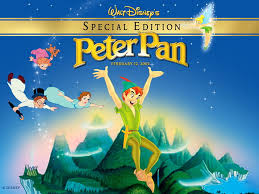
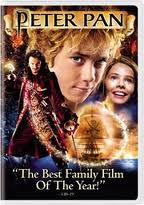
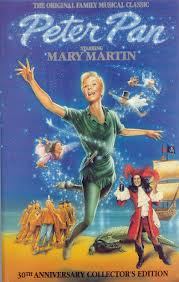
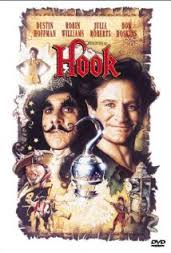
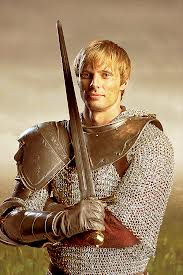

This analysis represents an excellent view of the history of the Peter Pan story and how it has evolved. I think an important element to consider would also be the fact that so many people wish to continue the Peter Pan story through prequels and sequels, which can only add to the original story’s seemingly immortality. The fact that the recent novel Peter Pan in Scarlet was authorized as an official sequel attests to the constant desire for more stories within the Peter Pan saga. Another interesting aspect of this is the character of Tinker Bell, who persists as a very popular character largely in part due to her Disney interpretation. Perhaps due to her attitude or maybe because of her aesthetic character design, Tinker Bell has arguably surpassed Peter Pan’s character in popularity. She can be seen as a breakout character, even to the point of becoming the main character in several Disney tv shows and direct to TV and DVD movies. Her rise to immense popularity can also be examined through the idea of her character being a specialized classic character, for I doubt many people have read her original incarnation in Barrie’s novel. I definitely think Peter and Tinkerbell’s classic statuses are best seen through the sum of all of the parts and not just due to one source.